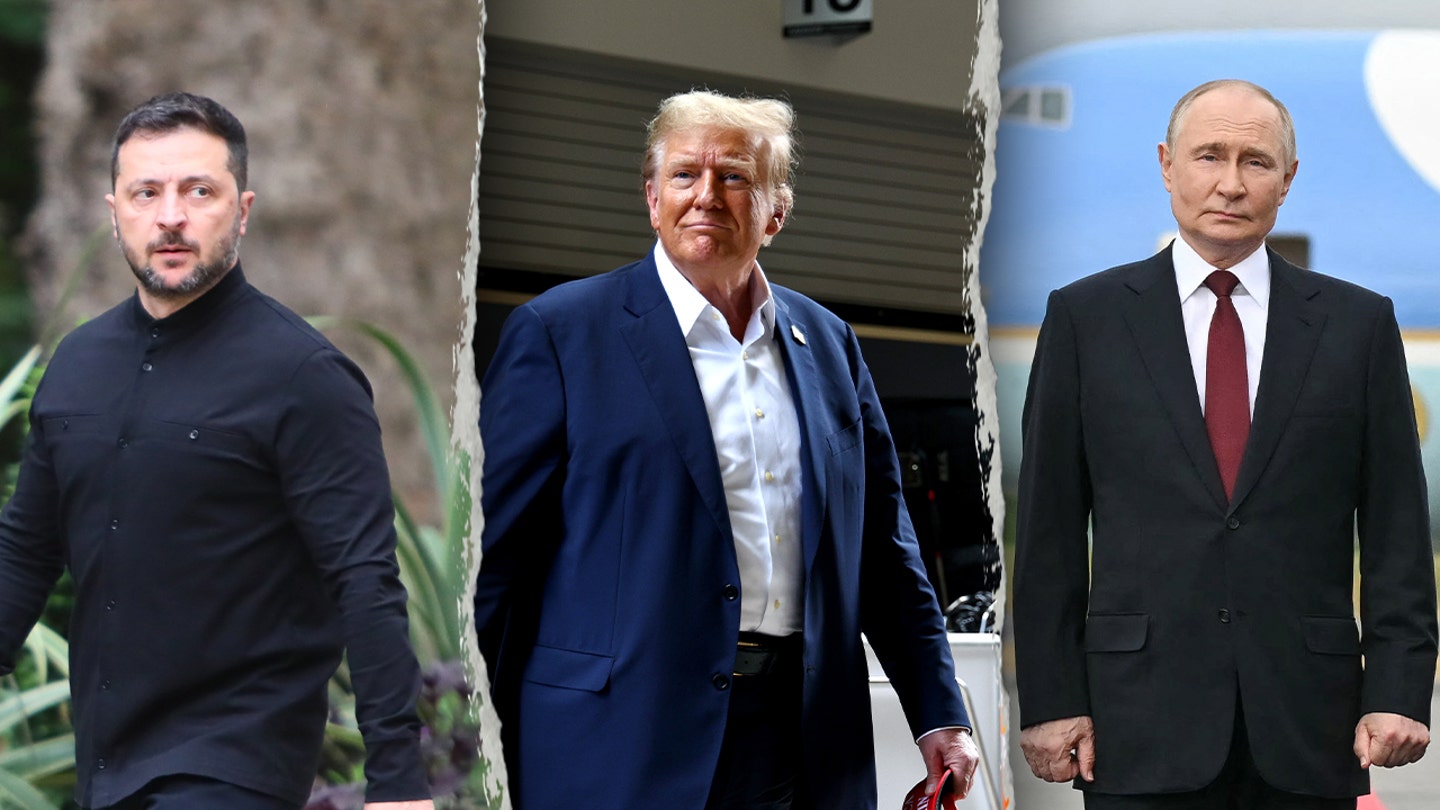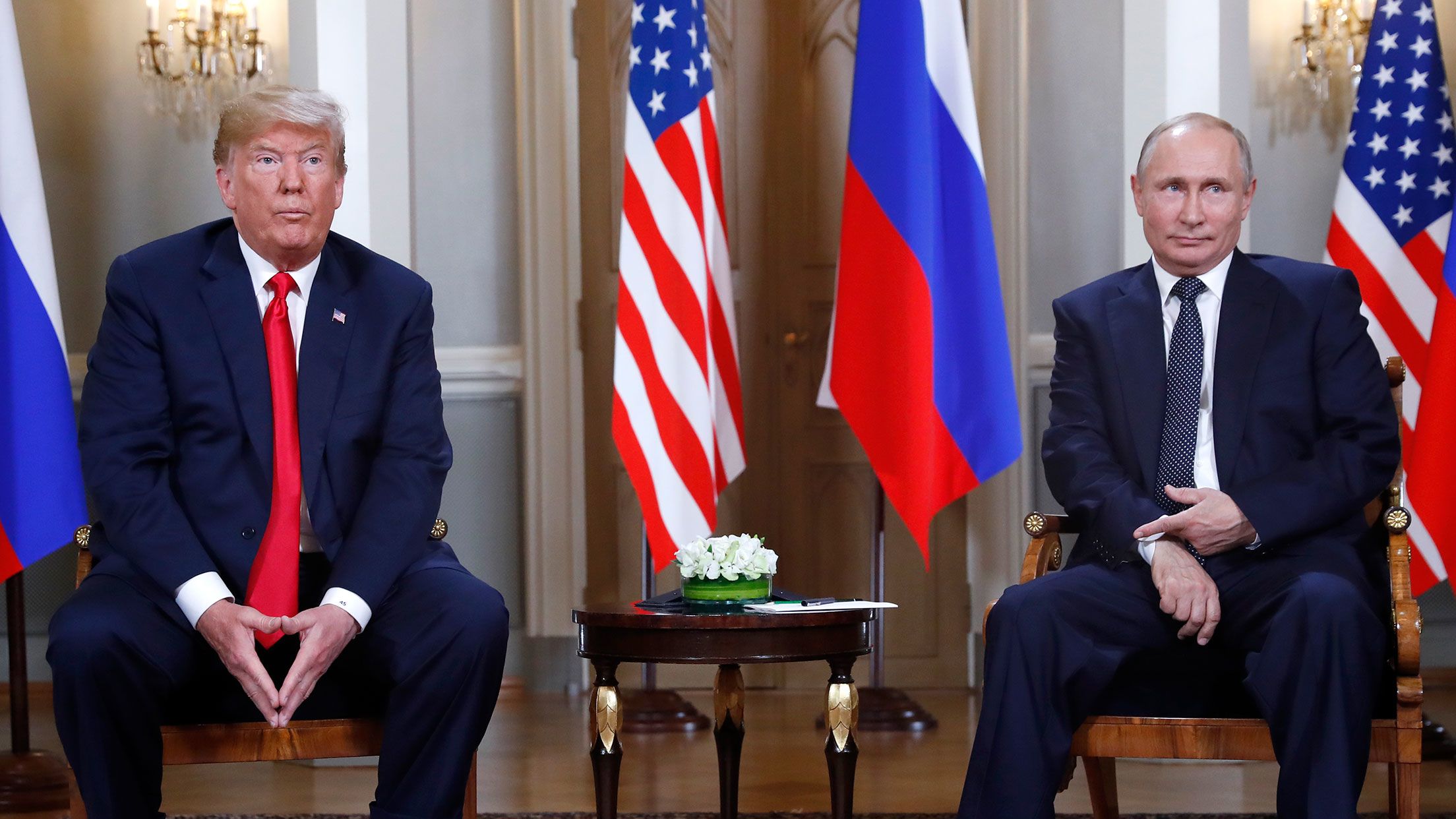
Trump moves to broker Putin-Zelenskyy meeting following DC peace talks
Entities mentioned:
- Donald Trump: Influence, Legacy, Recognition
- Vladimir Putin: Power, Control, Self-preservation
- Volodymyr Zelenskyy: Unity, Justice, Self-preservation
- Yury Ushakov: Loyalty, Duty, Influence
- Friedrich Merz: Duty, Influence, Unity
- Emmanuel Macron: Influence, Unity, Duty
Article Assessment:
Credibility Score: 65/100
Bias Rating: 55/100 (Center)
Sentiment Score: 60/100
Authoritarianism Risk: 35/100 (Generally Democratic)
Bias Analysis:
The article presents a relatively balanced view, including perspectives from multiple sides. However, it relies heavily on Trump's statements and social media posts, which could skew the narrative slightly in his favor.
Key metric: US International Diplomatic Influence
As a social scientist, I analyze that this article demonstrates a significant shift in US diplomatic strategy regarding the Russia-Ukraine conflict. Trump's direct involvement in brokering talks between Putin and Zelenskyy signals an attempt to reassert American influence in international conflict resolution. This approach could potentially impact the US's diplomatic standing, particularly in relation to European allies. The emphasis on personal diplomacy and Trump's central role in negotiations reflects a personalized approach to foreign policy that could have both positive and negative implications for long-term US diplomatic influence. The article suggests a potential breakthrough in the conflict, but also raises questions about the motivations and potential outcomes of such high-level negotiations.

Trump says he’ll meet Putin in Alaska next week
Entities mentioned:
- Donald Trump: Ambition, Power, Legacy
- Vladimir Putin: Power, Control, Influence
- Volodymyr Zelensky: Determination, Loyalty, Self-preservation
- Steve Witkoff: Duty, Influence, Obligation
- Marco Rubio: Duty, Influence, Professional pride
- Yury Ushakov: Duty, Loyalty, Professional pride
Article Assessment:
Credibility Score: 75/100
Bias Rating: 45/100 (Center)
Sentiment Score: 45/100
Authoritarianism Risk: 55/100 (Mixed/Neutral)
Bias Analysis:
The article presents multiple viewpoints and sources, including Trump, Putin, Zelensky, and European officials. It maintains a relatively neutral tone, though it does highlight some concerns about the proposed peace deal.
Key metric: International Relations and Diplomacy
As a social scientist, I analyze that this article highlights a significant shift in US-Russia relations and potential global geopolitical dynamics. The proposed meeting between Trump and Putin, along with the suggested peace deal for Ukraine, could have far-reaching implications for international diplomacy, territorial sovereignty, and the balance of power in Eastern Europe. The article reveals complex negotiations involving multiple stakeholders, each with their own motivations and constraints. The potential territorial concessions from Ukraine are particularly contentious and could set a dangerous precedent for future conflicts. The article also underscores the tensions between realpolitik approaches to conflict resolution and principles of national sovereignty and international law.